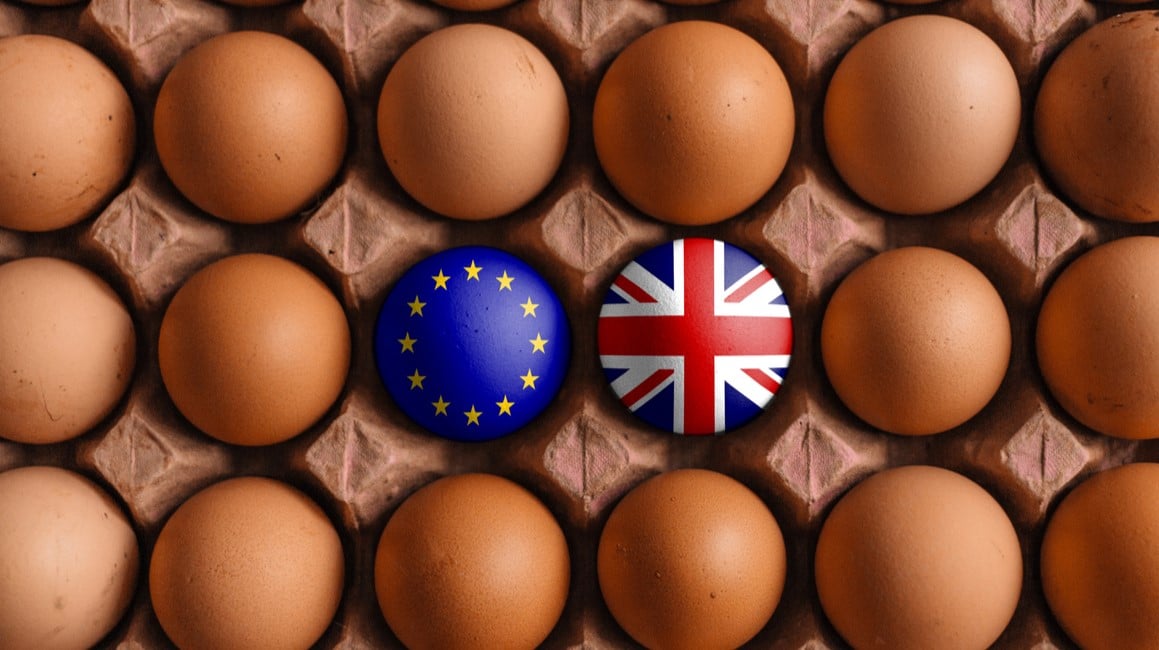Brexit and the Impacts on EU Food Safety
Brexit officially went into effect on January 31, 2020, with changes to regulatory and supply chain processes rippling across the entire food system — even though the divorce of the United Kingdom from the European Union is not yet complete. The Retained EU Law Bill that keeps many food standards in place won’t be fully revoked until December 31, 2023, but both regulators and industry leaders face uncertainty about what comes after that. While no major issues have arisen so far, the UK food industry must commit to aligned standards in order to maintain both food safety and consumer confidence.
The UK/EU Food Safety Landscape Now
The COVID-19 pandemic has proven more disruptive to UK and EU food safety than Brexit. However, as operations move toward normalization, the impact of Brexit is coming into greater focus. Even though many EU food safety standards will remain in effect until the end of 2023, the UK Food Standards Agency (FSA) has already been burdened by more responsibilities traditionally handled by regulators in the EU. Chief among them are:
- Authorizing the use of regulated food and feed products
- Managing and enforcing fair trade agreements
- Overseeing a wider variety of import and export activities
- Monitoring and prosecuting food crimes through the National Food Crimes Unit (NFCU)
- Conducting supply chain and food safety risk assessments
Brexit: A Cause for EU Food Safety Concern
In spite of the FSA’s increased scope in responsibility, there have not been any major UK or EU food safety issues so far. Most concerns are future-oriented, based on trends and the potential for breakdowns. Here are the top food safety concerns in the industry:
- Diverging or lowering food safety standards. The EU is known worldwide for stringent food safety standards, including hygiene, labeling, and traceability. Already, the UK’s standards are diverging from the rest of Europe, impacting trade and the movement of goods between regions, and there are concerns that the divide will only widen in 2024 and on.
- Difficulty maintaining agreed-upon standards. Even if UK food safety regulations stay in line with the rest of Europe, there are concerns around resourcing and the ability for regulators to enforce adherence, particularly through inspections. This could impact both the quality and safety of food leaving the country, as well as the products coming in. Already, there is evidence of declining inspections due to resource constraints caused by Brexit and COVID-19.
- Trade and supply chain disruption. Brexit has already complicated processes for customs checks, import and export controls, and a number of other procedures involved in trade. Unless efficiency improves, these changes can affect how quickly food products move between regions, and watchdogs are weary of the potential for delays to cause increased food spoilage, contamination, and adulteration.
- Poor inter-government communication. Traditionally, the EU’s Rapid Alert System for Food and Feed (RASFF) has enabled seamless communication between governments on food safety risks among member states, but due to Brexit, the UK is no longer part of that. Since then, the UK has created their own version of this system, but it will take time to fully integrate with the EU’s, creating a potential for bottlenecks or miscommunications that put public safety at risk.
Expert Support for EU Food Safety Standards
Brexit has the potential to create significant strain on UK and EU food safety — especially as regulators struggle to keep up with inspections. If manufacturers don’t maintain high standards, it could do more than endanger public health; it could undermine faith in the industry itself. It’s important to close resource and inspection gaps where possible.
AIB International has over a century of experience helping every type of organization in the food supply chain maintain the highest food safety standards. If you’re looking for outside inspectors to ensure compliance and help raise standards, leverage our network of experts for help.


